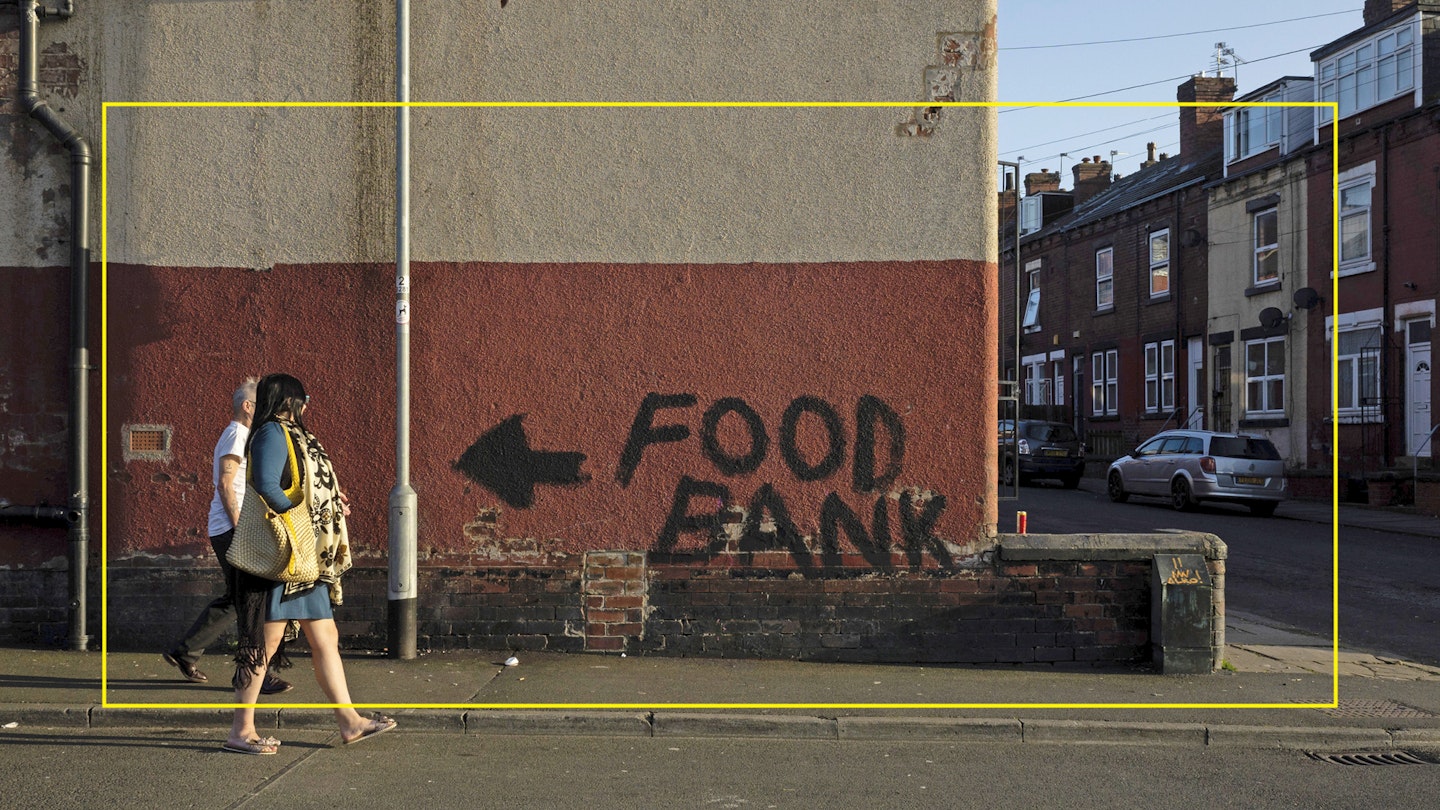By 9.30am on one Friday morning in February, Lisa* had 31 new messages on her group chat, ‘or somewhere around that mark’, she says. ‘Someone had posted a link to an article explaining that energy prices would be at a record high from April. I don’t think we’d ever spoken about fuel costs before then,’ Lisa, 34, laughs nervously. ‘But since then it’s become a bit of a regular topic. We’re all quite worried.’
At the end of March, the Bank of England published figures showing that consumer borrowing – the amount charged to credit cards and loans – reached a five-year high in February, rising to £1.9 billion, compared to the average monthly borrowing of £1.1 billion pre-pandemic. In the same month, inflation, driven by high fuel and energy prices, reached a 30-year high of 6.2%; as of the latest data released in June, it is at a 40-year peak of 9.1%.
A perfect storm of factors affecting costs and supply chains – rising global demand for energy, the disruption around the pandemic and Brexit, Russia waging war on Ukraine – means that living standards will fall further this year than at any time since records began in 1956. A further 1.5m Brits will be plunged into absolute poverty – and women are set to be disproportionately affected.
There are many factors at play, according to the Living Wage Foundation, not least that we’re starting from an already disadvantaged position. Overall, one fifth of women (20.4%, or 2.9m people) are paid below the real Living Wage – currently £9.90 in the UK and £11.05 in London – compared to 14% of men. Across health and social care (where women outnumber men four to one), arts, entertainment and recreation industries, as well as food and accommodation services, women are more likely to be employed in low-paid roles, according to analysis from the Office for National Stastics Annual Survey of Hours and Earnings. The New Economics Foundation also indicated that higher bills for single parents, 90% of whom are women, will consume 56% more disposable income compared to ‘average’ families.
Not only that, but so-called ‘she-flation’ will infiltrate even the most basic aspects of our lives. Data from Spareroom showed that more than 85% of women are spending 30% or more of their income on rent, compared to 75% of men – and will have fewer savings to fall back on, too. And while all consumers are set to see their food shops rise by £180 per year, the Living Wage Foundation found that women are much more likely to spend on food and cleaning products, which are ‘more susceptible to inflation-induced volatility’.
‘I’ve already started making changes,’ Lisa, who works in PR, says, ‘as have my friends. I never turn the hot water on at home now – I only shower after a workout, wash my face with cold water in the morning and boil the kettle to wash up. I’ve bought loads of candles from the pound shop to try and save on lighting.’
Lisa’s friends – all working in education or media – report similar situations.
‘One friend said her teenage niece was contributing to the family’s household bills with her Saturday-job money; another is considering moving back into a house share at 37, because living alone in a city will no longer be viable. Several now rely on hot water bottles and jumpers to stay warm out of fear of not being able to pay heating bills.
‘Friends who are single are most afraid. The odds are already stacked against you. We’ve worked hard to build our security, but it’s resting on a knife edge.’
Chancellor Rishi Sunak’s mini spring budget, delivered on 23 March, did little to help those hit hardest by the cost of living crisis. Despite Boris Johnson’s promises that austerity is over, there is little that’s ‘strong and stable’ about the reality of life in the UK at the moment. Rather, it’s a familiar, desolate tale.
‘As the country hurtles towards the biggest fall in living standards on record, the Chancellor stood at the despatch box and announced a policy package that doesn’t help the households who need the most support and which provides a big boost to the richest,’ Dr George Dibb, head of the IPPR Centre for Economic Justice, said in a statement last week. ‘Our analysis shows that households in the poorest 20% will still be left with no option but to miss out on household essentials… Today’s statement was a missed opportunity to provide a lifeboat for people’s standard of living.’
‘I can’t catch up,’ says Mia Vaughan, 31, a freelance marketing manager who lives in Devon with her children, aged 10 and four. ‘I’m already behind on council tax and my water bill. And that’s before the worst of it kicks in. My partner and I broke up in September, so I’m now a single mum. I’ve been doing really strict spreadsheets every month. It’s just, it seems, impossible.’ And yet, few of her friends know just how difficult her situation is. ‘I try not to talk about it,’ she says. ‘It’s the feeling of how uncomfortable everyone else gets because they don’t necessarily want to know how close they are to poverty. It’s all incredibly frustrating and it’s really scary. And it just feels hopeless at the minute.’
*Name has been changed
